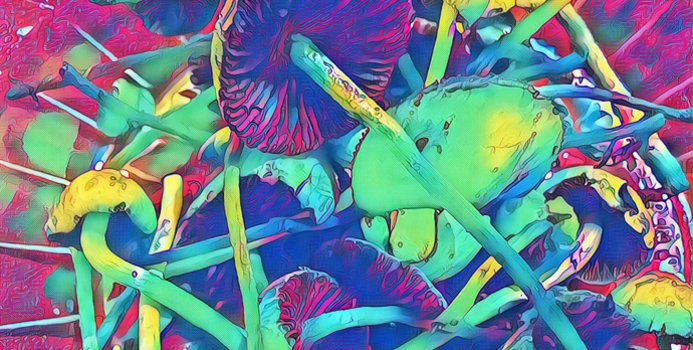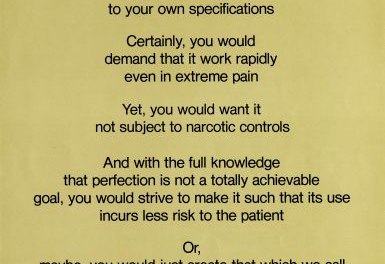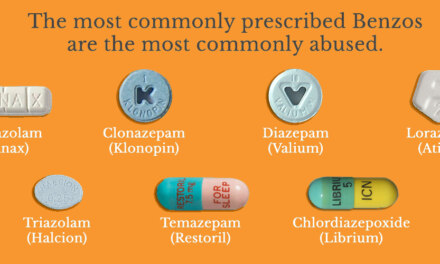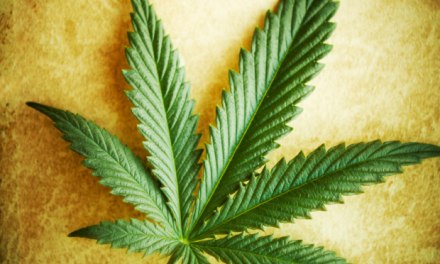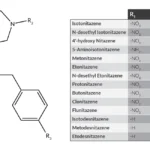It appears that America is experiencing a significant increase in the number of calls to poison hotlines that involve the use of psilocybin. I imagine that’s a direct result of the significant uptick in the number of people using the drug. If you weren’t aware, here’s a recent update:
Psilocybin Use Dramatically Increasing In U.S.
From the text: “Since 2019, (there has been) an increase of 188% among adults 30 and older and 44% among 18- to 29-year-olds.” Impressive, although not necessarily in a good way.
Those calls to Poison Control would mostly be dose-related, I imagine. The higher the dose, the more likely one is to experience one or more of its less desirable side effects.
Which brings us to a real problem for the user: what is the actual psilocybin content of any particular dried mushroom? Does anybody know for sure?
Broadly speaking, psilocybin content in dried mushrooms can be expected to range from 0.5% to 1% of the dried weight. That doesn’t mean that the mushroom that you ingested fits reliably within that range, however. It could be as little as half that. Or quite a bit higher, for that matter.
Given the lack of enforceable quality control around such products, we can’t rely on the product label, if there is one. It’s the same problem that a number of observers have reported in relation to commercial cannabis: when tested, the actual THC content often turns out to be quite different than advertised on the wrapper.
Anything for a quick sale, I suppose. And what are the odds a customer will bring along a test kit for a quick check?
It’s a pattern we see throughout the era of drug legalization: Pass a law, include a few minimal regulations, then stand back to watch what happens. In that respect, it isn’t that different from the old days, when your only option was to buy from one or another questionable source, probably on the black market.
There’s also the issue of microdosing. A microdose is perhaps 5-10% of the usual effective dose. In conventional terms, that shouldn’t be enough to produce a measurable impact.
And the few placebo-controlled studies done to date suggest no difference between the microdose’s effects and those achieved with placebo alone. So why do so many users insist that it’s making a big difference? Even life-changing?
That remains a mystery.

